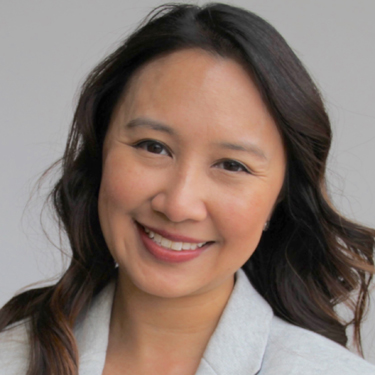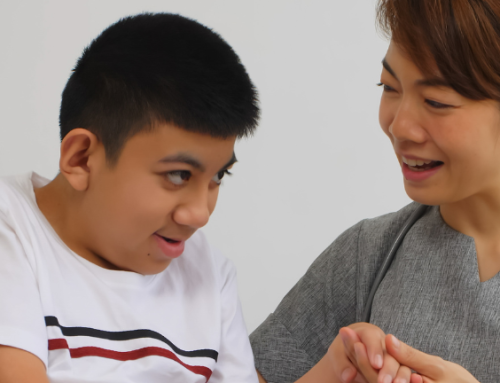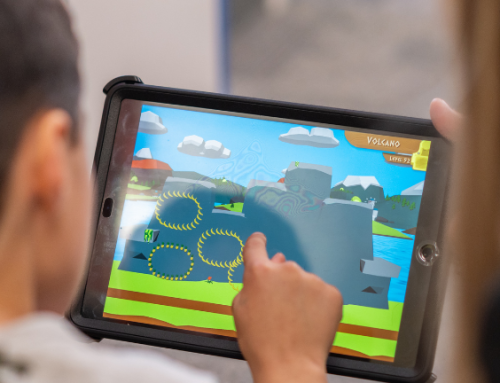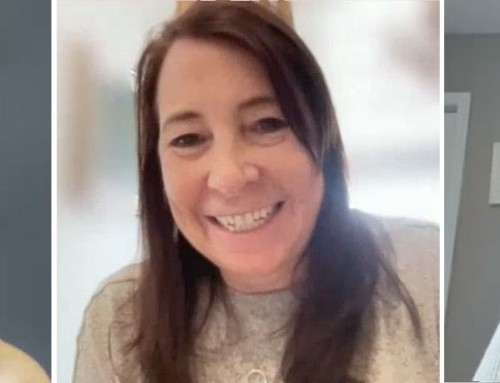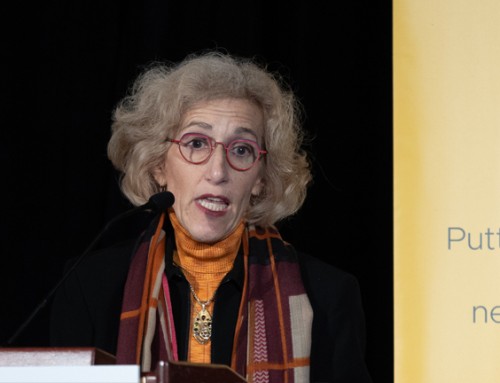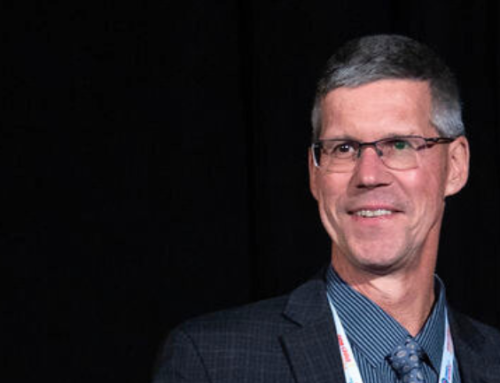Cracking the Code of Mental Health & Social Supports for Kids with Autism
Vivian Lee, KBHN and Carleton University Bring the Secret Agent Society (SAS) App to Ottawa
Vivian Lee, Ph.D., began working with Kids Brain Health Network (KBHN) as a postdoctoral trainee in 2017. Now she holds a faculty position at Carleton University’s Pickering Centre for Human Development, where she works as an autism researcher, connecting with children on the spectrum and their families in the spirit of reciprocity.
Vivian might not have realized it during her childhood, but that’s when she started on her career path. Her family didn’t know many people as new immigrants to Canada in the 1990s, and they soon became friends with the people next door. When her neighbour Niki was born, nine-year-old Vivian developed a special bond with her.
Therapeutic Riding for Neurodiverse Youth
Niki’s cerebral palsy meant she had difficulty controlling and using the left side of her body, and Vivian became part of Niki’s circle of care from a young age. Vivian would bring Niki to therapy and encouraged her to try different recreational activities. When Niki wanted to try horseback riding, they found a therapeutic riding program where they could both participate—along with young people representing a wide range of abilities and neurodiversity.
Niki and Vivian made new friends, and the farm wasn’t about therapy for them; it was about getting to do something fun and cool like riding a horse–which not everyone gets to do. Now, at age 30, Niki is fully independent, and Vivian remains close with her and her family.
A Passion for Family-Centered Autism Research
Vivian enjoyed the therapeutic riding program so much that she began volunteering, and is currently still involved at TEAD Equestrian Association in Hamilton, Ontario. In university, she realized she could bring her passion for supporting neurodiverse children and their families into her studies, research, and ultimately a rewarding career path.
As a graduate student working with autism researchers Dr. Peter Szatmari and Dr. Stelios Georgiades at McMaster University, she often heard parents say that they spent a lot of time filling out surveys but weren’t sure how the research would actually benefit them. Vivian took this feedback to heart, carrying it with her when she became a postdoctoral trainee through Kids Brain Health Network (KBHN). Since then, Vivian has worked with her colleagues to develop collaborative projects with reciprocal benefits for the families involved in supporting and creating research innovations.
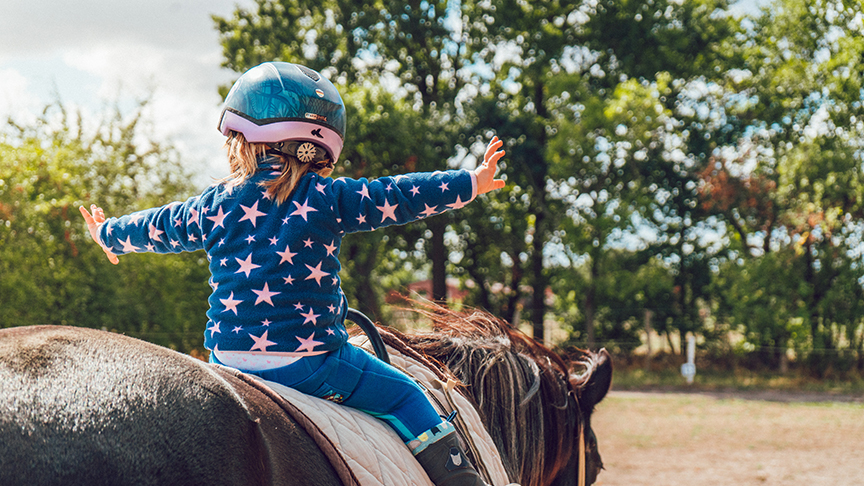
Unique Opportunities with Kids Brain Health Network
As a KBHN trainee, Vivian worked with psychiatrists Dr. Teresa Bennet and Dr. Ellen Lipman at McMaster University. They carried out a pilot feasibility study, evaluating the implementation of the The Family Check-Up ® with autistic children and youth and their families. Centering the needs of children and families with autism, the Family Check-Up uses an ecological model to understand the intersections and impacts of many relationships and societal systems–such as social circles, schools, community spaces and programs, and government. This framework recognizes autistic children and families as active participants in the ecosystems of their lives, who influence relationships and systems while also experiencing their impacts.
Continuing her work in autism and family supports, Vivian received additional funding through a KBHN-Mitacs internship to work with Dr. Jonathan Weiss (York University) and Autism Ontario. “KBHN has been instrumental in helping me progress through my entire career,” says Vivian. “They are different from other funding agencies or academic institutions, and they really shine by giving trainees so many skill-building opportunities, mentorship and support. Trainees can connect with each other, and with mentors to create research collaborations, while choosing their own focus for career development.” Vivian adds that she has met a lot of her current friends and colleagues through the KBHN training program.

Kids with Autism as Secret Agents for Wellbeing
Vivian is now continuing her collaboration with Jonathan on a project called SAS-Go!, evaluating a community implementation of the Secret Agent Society (SAS) , a program that originated with Dr. Renae Beaumont and Social Science Translated. Many programs for children and families living with autism focus either on mental health or social-emotional supports–but not both. SAS brings them together in a spy-themed group-based program with tools called gadgets, and integrates the use of a digital board game, role playing and a computer game. One gadget is the O2 regulator, which uses an onscreen visualization to help kids stabilize their own breathing. SAS is helping autistic children and youth learn skills to regulate their emotions, while improving their mental health and interpersonal relationships.
Vivian and Jonathan have started testing in Ottawa-based community mental health and developmental service agencies to assess what is needed to scale the program for wider use. Under Vivian and Jonathan’s leadership, SAS-GO! is also addressing greater diversity, equity and inclusion by recruiting francophone families in the region, who often find it difficult to find appropriate interventions.
The team is also testing SAS-GO! with service programs for kids who may require significant supports beyond those tested so far. Secret Agent Society may also have applications for children with other neurodevelopmental disabilities, and recruitment is underway for Virtual SAS: Operation Regulation.
The Future of Neurodiversity
In the fields of autism and neurodiversity, Vivian and Jonathan are focused on community-based services to better support youth and children on the spectrum, along with parents, caregivers, siblings and other family members. They are invested in strengths-based approaches to understand how families thrive, ensuring they’re active participants in research and interpretation so children and families are empowered to adapt and improve research in the autism community.
“I’m inspired and hopeful, learning about the work that has been done so far,” says Vivian, “But there’s so much more to be done, and so much I look forward to continuing to do in my career.” This fall Vivian is actively recruiting MA and PhD students at Carleton University, bringing KBHN’s commitment to mentorship full circle from where she started several years ago as a trainee.



